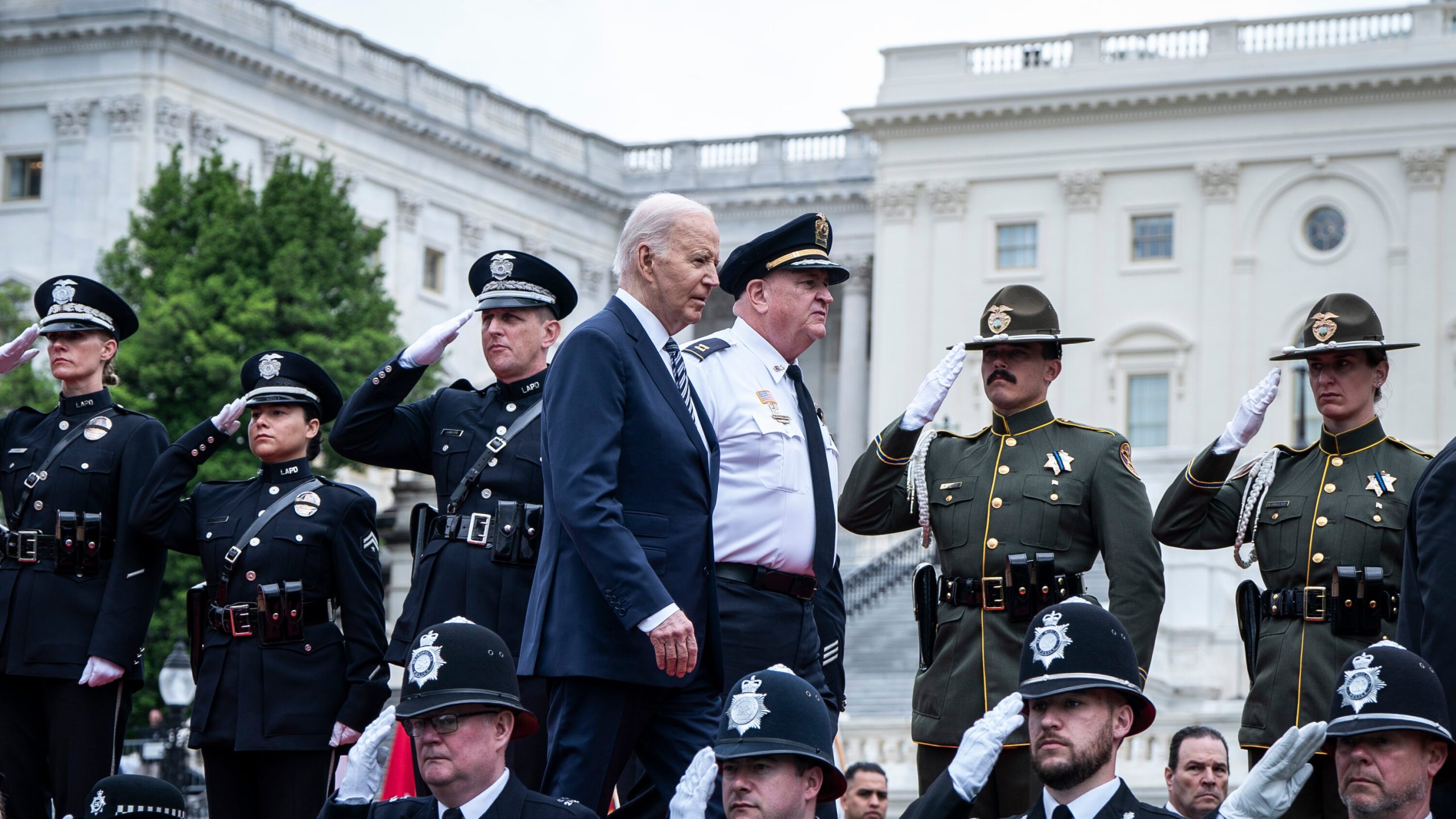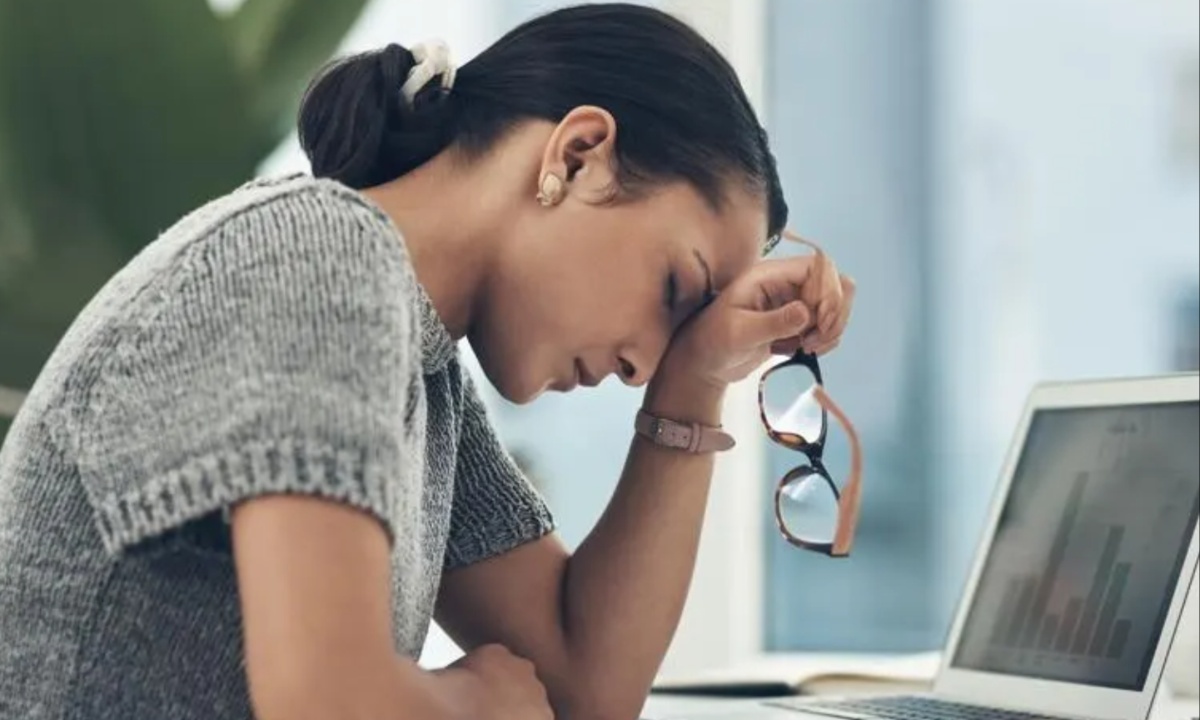In Minneapolis’s Tangletown neighborhood, Kamala Harris and Joe Biden signs are prominent, filling yards and lawns with a sea of blue that reflects the area’s liberal leanings. Tess Olson, a local resident, says the visual support for the Harris-Walz ticket gives her a sense of hope, yet she feels anxious as Election Day approaches. She initially felt confident in Kamala Harris’s chances but now feels growing anxiety, fearing the outcome might not be as secure as it seems. This sentiment reflects the tension many feel as the election nears, with high stakes impacting communities across the nation.
A recent survey from the American Psychological Association underscores this anxiety, revealing that 69% of Americans are experiencing stress due to the presidential election. The psychological toll is widespread, with people finding it difficult to escape the constant stream of political news. Experts suggest that election stress is driven in part by the media environment, with social media and 24-hour news cycles heightening people’s exposure to negative or polarizing information. This phenomenon, known as “doomscrolling,” can amplify feelings of distress and anxiety.

Dr. Emanuel Maidenberg, a Clinical Professor of Psychiatry at UCLA, explains that exposure to a high volume of stressful news contributes to psychological distress. He advises those experiencing election-related anxiety to limit their media consumption and spend less time reading upsetting news. Setting boundaries on daily news intake, particularly on social media, can be effective in managing election stress. This approach allows individuals to stay informed without becoming overwhelmed by the steady flow of information.
Aside from reducing media exposure, experts recommend engaging in self-care practices to mitigate election anxiety. Activities like exercise, pursuing hobbies, and maintaining a regular self-care routine can alleviate stress. Dr. Maidenberg also suggests steering conversations with friends and family away from political topics that may be upsetting. Instead, focusing on enjoyable activities and interactions can provide a reprieve from election-related stressors.
In contrast, some residents, like Gavin Owens and Bryce Bohn in the nearby Armatage neighborhood, are less concerned about election stress. Supporting Trump, they maintain a more detached perspective, placing a Trump sign outside their home but avoiding getting overly caught up in election anxiety. Bohn, for example, remains calm and sees the election as a routine event, expressing confidence that the country will move forward regardless of the outcome. This outlook reflects a more relaxed approach to the political tension affecting many across the city.
